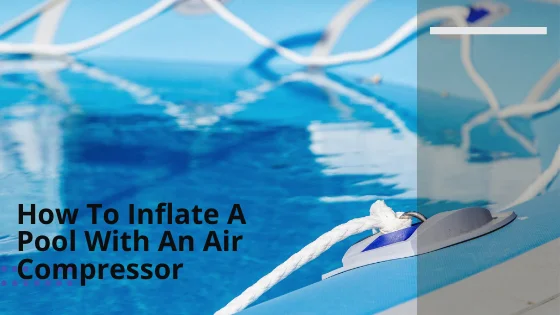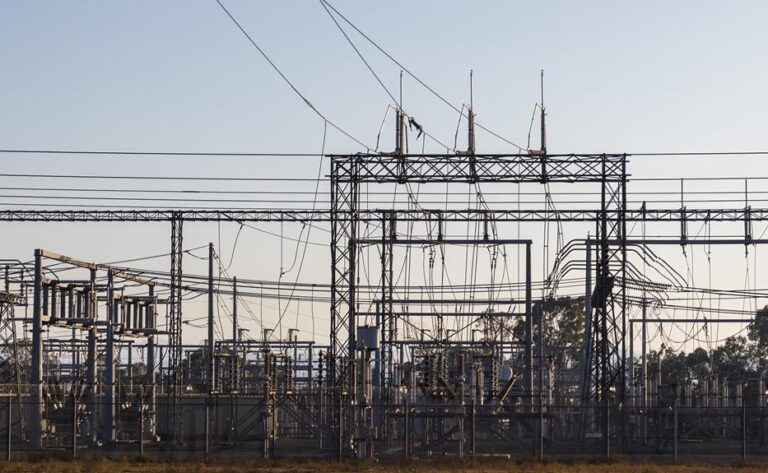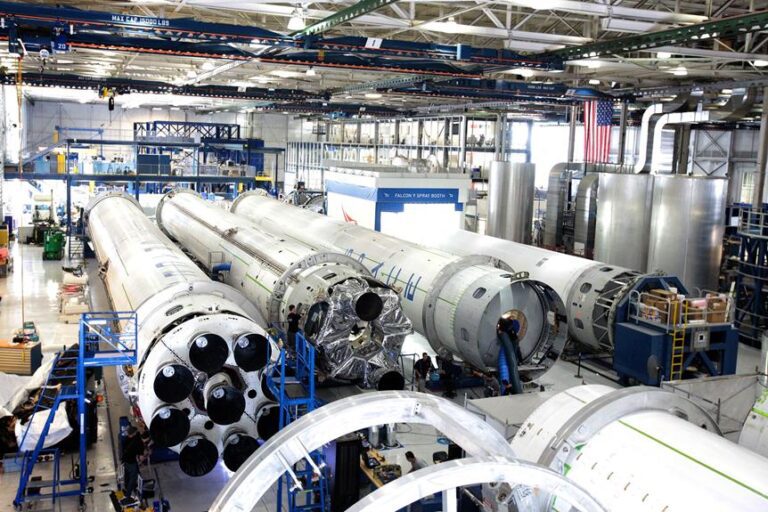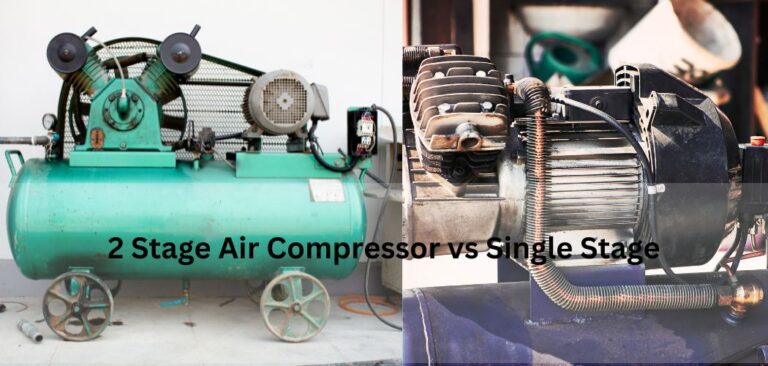Ignite the Power: Performance Ignition Coils
Harnessing the power of thunder, performance ignition coils are the unsung heroes of vehicle performance. These compact powerhouses serve a critical role in igniting the air-fuel mixture that powers an engine. This article delves into the science behind performance ignition coils, their role in enhancing vehicle performance, and the benefits of upgrading. We also provide detailed insights into the installation process and troubleshooting common issues. Prepare to ignite your knowledge on this pivotal component of automotive engineering.
Key Takeaways
- Performance ignition coils produce a stronger spark, leading to enhanced engine performance.
- Upgrading to performance ignition coils can improve throttle response and horsepower.
- Ignition coils significantly impact a vehicle's horsepower and fuel efficiency.
- Different types of performance ignition coils include canister ignition coils, distributorless ignition coils, and coil-on-plug ignition coils.
Understanding Performance Ignition Coils
While it is crucial to appreciate the power that performance ignition coils can unleash in your vehicle, it is equally important to understand the intricate workings and components of these coils. Performance ignition coils are essential components in an engine's ignition system, with a critical role in delivering the spark that ignites the air-fuel mixture within the combustion chamber. This ignition process is crucial for engine tuning and achieving an optimal horsepower boost.
These high-performance coils are designed to produce a stronger spark, which translates into a more efficient combustion process. This efficiency can significantly enhance engine performance, allowing for superior throttle response, smoother idle, and an appreciable horsepower boost. It's also worth noting that these coils are built for durability, designed to withstand the harsh conditions of high-performance driving.
Understanding these components at a granular level liberates you from the constraints of limited technical knowledge, empowering you to make informed decisions about your vehicle's performance. A comprehensive grasp of performance ignition coils is indispensable for anyone seeking to optimize their vehicle's performance. As we delve further into the role of ignition coils in vehicle performance, this knowledge will prove invaluable.
The Role of Ignition Coils in Vehicle Performance
The ignition coil, a pivotal component in the internal combustion engine's ignition system, serves as a high voltage transformer, boosting the battery's 12 volts to the several thousand volts required to create an electric spark in the spark plugs. This spark, in turn, ignites the air-fuel mixture in the engine's combustion chambers, initiating the power stroke of the engine cycle. Consequently, the quality and performance of the ignition coil directly impacts the engine's power output, fuel efficiency, and overall vehicular performance.
Ignition Coils Functionality
In terms of vehicle performance, ignition coils play a pivotal role by transforming the battery's low voltage into the thousands of volts necessary to create an electric spark in the spark plugs to ignite the fuel.
- The ignition coil acts as a high voltage transformer, its primary function being to provide the spark plugs with the high voltage they require to ignite the air/fuel mixture.
- When combined with performance camshafts and an optimal ignition timing advance, the vehicle's engine power and fuel efficiency can be significantly improved.
- Modern ignition coils are designed to be robust and reliable, capable of withstanding the harsh conditions inside an engine compartment while still delivering peak performance.
Understanding the role of the ignition coil in a vehicle's ignition system is key to liberating its full potential.
Performance Enhancement Impact
A substantial proportion of a vehicle's overall performance, specifically its horsepower and fuel efficiency, can be directly linked to the quality and condition of its ignition coils. These integral components are responsible for converting the vehicle's low voltage power to the high voltage necessary for the spark plugs to ignite the air/fuel mixture. A high-performing ignition coil ensures a stronger and more consistent spark, leading to enhanced combustion, superior throttle response, and improved fuel economy. Conversely, a subpar or deteriorating coil can lead to misfires, power loss, and increased emissions. Therefore, upgrading to performance ignition coils is a beneficial strategy for those seeking to optimize their vehicle's operational efficiency and performance output. This crucial upgrade liberates drivers from the limitations of standard components, achieving a more dynamic, responsive driving experience.
Different Types of Performance Ignition Coils
How do various types of performance ignition coils differ in their structure and function? The answer lies in the intricate design and unique features of each type.
- Canister Ignition Coils: These are the conventional type, often found in vintage vehicles. They feature a laminated iron core surrounded by layers of copper wire, generating a strong spark despite their simple design.
- Distributorless Ignition Coils (DIC): As the name suggests, these coils eliminate the need for a distributor, allowing for a more efficient ignition process. DICs are typically found on modern vehicles, bringing about a significant increase in performance and fuel efficiency.
- Coil-On-Plug (COP) Ignition Coils: These are the epitome of direct ignition technology. Each COP is connected to a single spark plug, thereby reducing energy loss and providing a powerful and precise spark. This results in improved engine performance and reduced emissions.
Understanding the different types of performance ignition coils can be crucial for auto enthusiasts seeking to liberate their vehicle's potential. It allows one to make an informed decision when upgrading or replacing these essential components.
Now that we've examined the different types, let's delve into the science behind performance ignition coils.
The Science Behind Performance Ignition Coils
Equipped with both a solid understanding of the various types of performance ignition coils and a desire to delve deeper, let's now explore the intricate science that makes these components so crucial for optimal vehicular performance.
Performance ignition coils operate on the principle of electromagnetic induction. The primary role of these coils is to transform the relatively low voltage supplied by the vehicle's battery into the thousands of volts necessary to create an electric spark in the spark plugs, igniting the fuel. The coil's efficiency directly impacts engine performance and fuel efficiency.
The process begins when the ignition key is turned, allowing current to flow from the battery through the primary windings of the coil, developing a magnetic field. Once the distributor interrupts the current, the magnetic field collapses, causing a high-voltage surge in the secondary winding. This surge travels through the coil wire to the distributor, which directs it to the appropriate spark plug for combustion.
A performance ignition coil's superiority lies in its ability to generate a more robust spark, improving the combustion process. Utilizing materials with high magnetic permeability and windings with minimal resistance, these coils can produce a more substantial voltage, leading to more efficient fuel burn and enhanced engine performance.
Benefits of Upgrading to Performance Ignition Coils
Transitioning to performance ignition coils can confer notable advantages. Paramount among these are augmented engine efficiency and elevated vehicle performance, factors that can significantly optimize the operational dynamics of your vehicle. In this section, we will elucidate how these benefits materialize, and the underlying mechanisms that facilitate this enhancement.
Enhanced Engine Efficiency
Within the span of the past decade, advancements in performance ignition coils have led to significant improvements in engine efficiency. These upgrades have truly liberated the potential performance of numerous engine types, offering enhanced power and fuel economy.
- Increased Power Output: Performance ignition coils can provide a substantial boost in power, resulting from superior spark energy. This facilitates more efficient combustion, increasing horsepower and torque.
- Improved Fuel Economy: By optimizing combustion processes, these coils ensure maximum fuel utilization, reducing wastage and leading to better mileage.
- Engine Longevity: Enhanced ignition systems reduce strain on engine components, prolonging engine life and reducing maintenance costs.
Embracing these advancements will enable drivers to harness the full power and efficiency of their vehicles, leading to a more liberating driving experience.
Improved Vehicle Performance
By upgrading to performance ignition coils, motorists can experience a remarkable improvement in their vehicle's overall performance. These coils provide a superior spark, optimizing combustion efficiency and leading to improved throttle response, enhanced fuel economy, and increased horsepower output.
Performance ignition coils utilize advanced materials and winding technology to increase the coil's dwell time. This allows for a longer spark duration, enabling more complete combustion of the air-fuel mixture in the engine's cylinders. This results in a smoother running engine, with noticeable improvements in torque and acceleration. Furthermore, this upgrade can reduce ignition system stress, extending the longevity of other ignition components. Hence, for enthusiasts seeking vehicular emancipation through enhanced performance, upgrading to performance ignition coils is a compelling proposition.
Installation Process for Performance Ignition Coils
How, then, does one go about the installation process for performance ignition coils? Installing these intricate components involves a detailed procedure that requires careful attention and precision. For those who are keen to optimize their vehicle's performance and liberate its true potential, understanding this process is fundamental.
The installation process mainly involves three critical steps:
- Removal of Old Coils: First, you need to disconnect the battery, remove the engine cover, and disconnect the wiring from the old coils. Once the wiring is disconnected, you can remove the old ignition coils.
- Installation of New Coils: The second step involves placing the new performance ignition coils into the ignition coil wells. It's imperative to ensure that they're seated correctly. Once they're in place, connect the wiring to the new coils.
- Testing: Post-installation, you must test the vehicle to ensure the new ignition coils are functioning correctly. This involves starting the vehicle and observing any changes in performance.
Troubleshooting Common Issues With Performance Ignition Coils
Even with a flawless installation, performance ignition coils can sometimes exhibit issues, and understanding how to troubleshoot these common problems is crucial for maintaining optimal vehicle performance. When the ignition coil malfunctions, the spark plug may receive an inadequate spark, resulting in subpar combustion and a loss of power.
The first step in troubleshooting is to inspect the ignition coil for visible damages. Look for cracks, heat damage, or corrosion on the terminals. If these are present, coil replacement may be necessary.
A common signal of a failing ignition coil is engine misfire, which can be identified by irregular idling, power loss, and increased emissions. This occurs when the coil fails to provide an adequate spark, causing the fuel mixture in the cylinder not to ignite. In this scenario, an Ohm meter can be used to determine if the coil's resistance is within the manufacturer's specifications.
Another prevalent issue is the coil overheating, often due to excessive resistance in the secondary circuit. This can be rectified by inspecting the spark plug gap and ensuring it aligns with the manufacturer's recommendations.
Case Studies on the Impact of Performance Ignition Coils
To illustrate the tangible benefits of performance ignition coils, we will examine several case studies, and dissect how these devices have improved vehicle performance and efficiency.
- Case Study 1: High-Performance Street Racing Vehicle – The installation of an upgraded ignition coil resulted in a noticeable improvement in horsepower, torque, and acceleration. The vehicle's combustion efficiency also improved due to the enhanced spark energy provided by the performance coil.
- Case Study 2: Off-Road Adventure SUV – The SUV experienced a significant enhancement in fuel efficiency after the ignition coil upgrade. The coil's ability to generate a stronger spark led to more complete combustion, reducing fuel wastage and increasing overall miles per gallon.
- Case Study 3: Vintage Classic Car Restoration – In this instance, the replacement of the original ignition coil with a performance variant revitalized the vehicle's engine responsiveness. Moreover, it countered the common aging problem of misfires, providing consistent, reliable ignition sequences.
These case studies underscore the transformative effect of performance ignition coils, liberating vehicles from their design limitations and unleashing their true power potential. As demonstrated, the adoption of these advanced devices can deliver substantial improvements in performance, efficiency, and reliability.
Frequently Asked Questions
What Is the Average Lifespan of Performance Ignition Coils?
The average lifespan of performance ignition coils varies, but typically ranges from 60,000 to 100,000 miles. This is contingent on vehicle usage, maintenance practices, and the quality of the coil itself.
How Do Environmental Conditions Affect the Performance of Ignition Coils?
Environmental conditions significantly impact ignition coil performance. Harsh conditions such as extreme temperatures, humidity, and vibration can cause physical damage, insulation breakdown, and electrical malfunction, thereby reducing the lifespan and efficiency of the ignition coil.
Are There Any Specific Brands of Performance Ignition Coils That Are More Reliable Than Others?
Brand reliability in performance ignition coils varies. Bosch, Denso, and NGK are renowned for their reliability. However, specific environmental conditions may affect performance, hence, it's crucial to consider these factors when choosing a brand.
Can the Use of Performance Ignition Coils Have an Adverse Effect on Other Parts of the Vehicle?
Yes, using performance ignition coils can potentially affect other vehicle parts. They may strain the spark plugs or ECU due to increased spark energy, and over time, possibly lead to premature wear or failure.
Is There a Significant Difference in Fuel Efficiency When Using Performance Ignition Coils?
Performance ignition coils can indeed influence fuel efficiency. Enhanced spark energy typically improves combustion efficiency, potentially increasing fuel economy. However, the degree of improvement varies based on vehicle type and driving conditions.
Conclusion
In conclusion, performance ignition coils are pivotal components in a vehicle's engine, significantly impacting its overall performance. Their enhanced design and superior materials ensure efficient spark production, boosting engine power and fuel efficiency. By comprehending their functionality, types, and installation process, one can effectively troubleshoot common issues, leading to heightened vehicle performance. The profound impact of these components is corroborated by numerous case studies, underscoring their critical role in the automotive industry.







